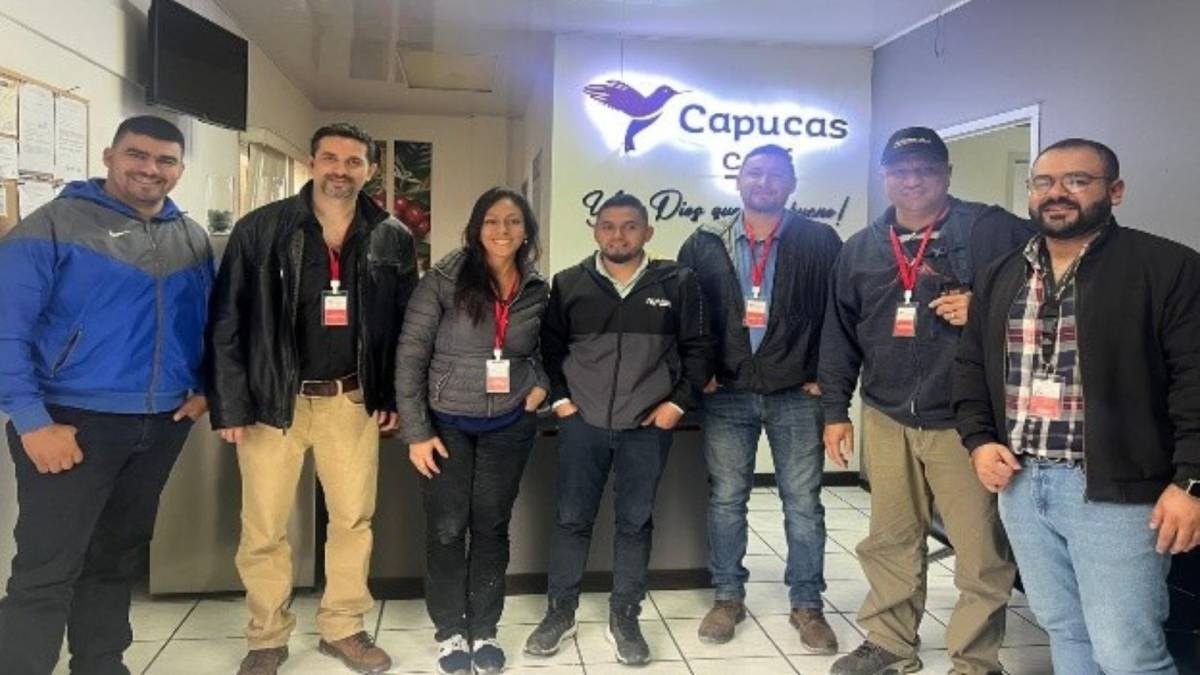By measuring the carbon footprint of 100 coffee farms and implementing regenerative agricultural practices, the Capucas Coffee Cooperative (COCAFCAL) is leading a transformative shift toward a more sustainable, low-emission production model. This effort aligns directly with international standards for traceability and zero deforestation, and forms part of the Net Zero project developed in partnership with Matthew Algie.
Monitoring, data and planning for sustainable coffee farming
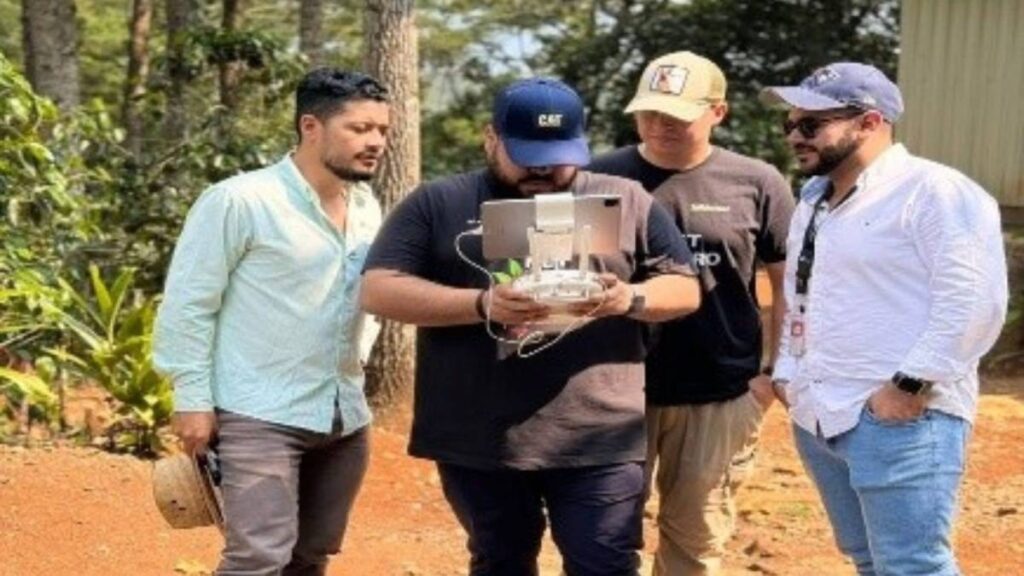
The project began with the collection and analysis of geospatial data on 100 farms. Using digital tools such as the Cool Farm Tool, the team calculated emissions, pinpointed carbon sources and designed tailored improvement plans for each farm. This process was complemented by mapping georeferenced polygons, enabling multi-temporal analysis with satellite imagery to monitor forest cover and anticipate deforestation risks.
“We believe in the power of data to drive sound decisions and strengthen coffee supply chains through innovation. By generating precise information on the farm’s carbon footprint, we not only facilitate access to more demanding markets but also provide producers with concrete tools to enhance their sustainability and profitability”
Edward Moncada, geospatial analyst, Solidaridad
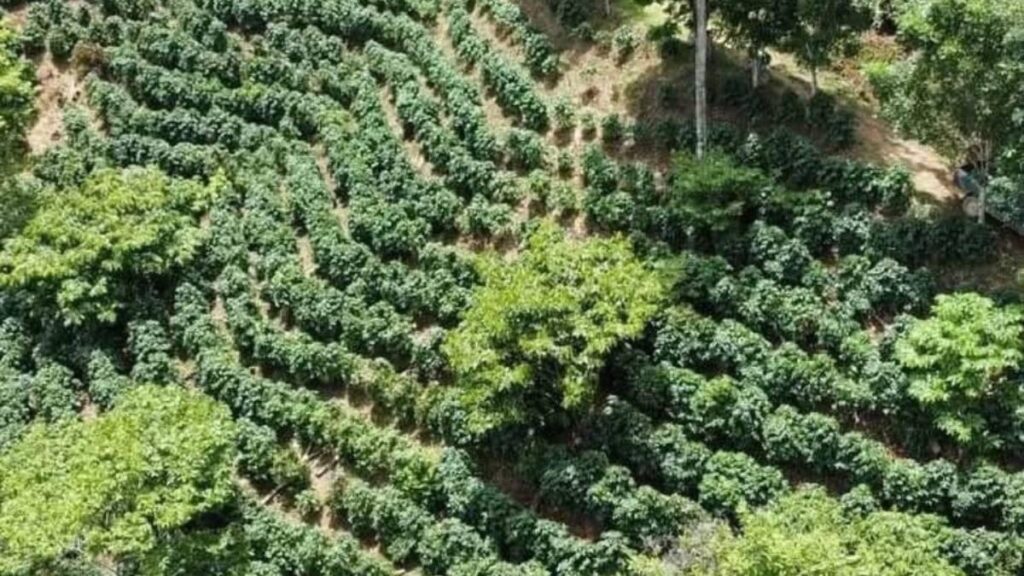
Validated practices and technical training to scale effective solutions
Three validation workshops brought producers together to share results, identify primary emission sources and prioritize practices with the greatest potential for carbon absorption and improvement. From this process, a portfolio of nine key practices was created, including:
- Green cover and diversified agroforestry systems
- Focused fertilization (biofertilization)
- Renovation of coffee plantations with improved varieties
- Optimized planting distance
- Tissue management
These practices are already being implemented on pilot farms. In parallel, 20 field technicians and 50 young producers have been trained– equipping them to lead change processes in their own communities.
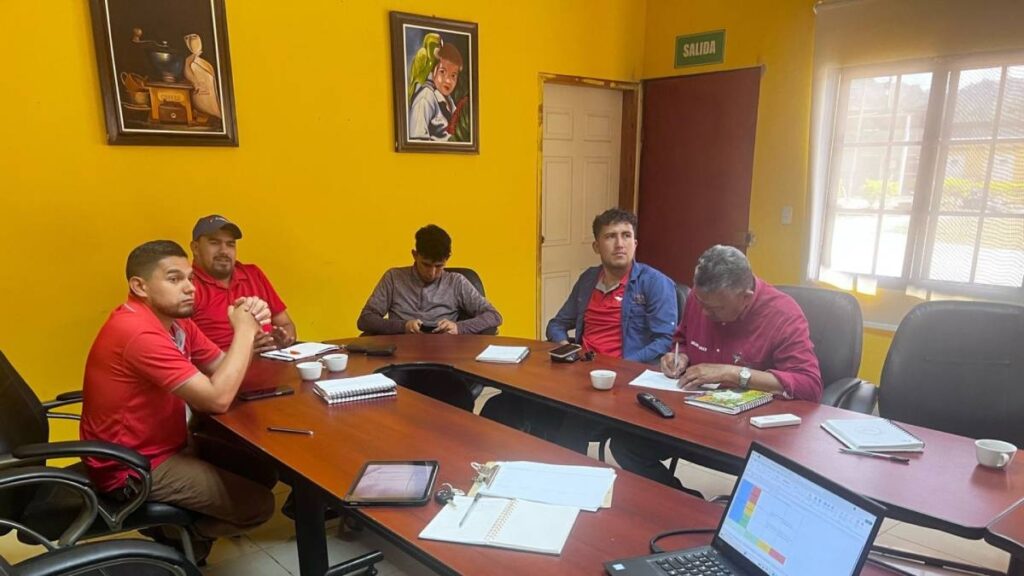
International recognition and a roadmap for implementation
The project’s technical rigor and strategic approach have attracted attention from specialized international media. Recently, Daily Coffee News highlighted this partnership as an innovative model for coffee decarbonization in Honduras. [See the full article here]
“With the goal of contributing to the environment, we launched the Net Zero initiative together with Solidaridad. This has been a great benefit for us as producers, as soil health assessments were conducted, as well as the counting and measuring of trees by variety on each of our plots. This allows us to know how many emissions we are capturing on our farms. Furthermore, it opens the door to new markets that recognize and pay differentiated prices for carbon-neutral produced coffee,” says Olvin Pérez, Net Zero Project producer.
In this new phase, individualized improvement plans will be delivered to each producer, supported by specialized technical assistance. Efforts will focus on the 83.5 per cent of farms with the highest potential for carbon-management improvements, supported by monitoring tools such as drones and digital platforms.
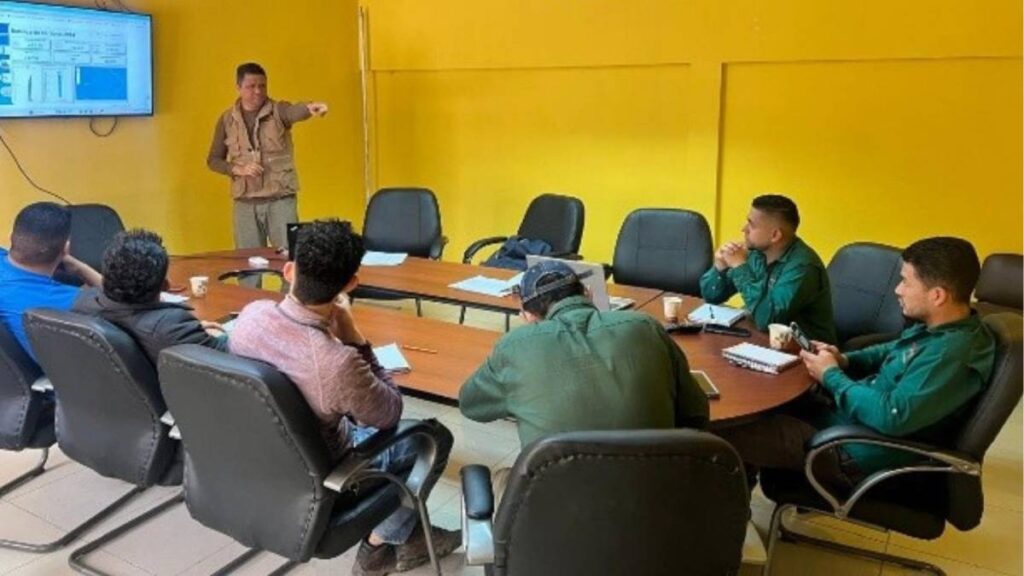
“The work accomplished so far with the organization opens up new opportunities for Capucas to explore competitive market advantages for their products. In turn, it allows us to incentivize producers to implement low-carbon agricultural practices.”
Vilma Bautista, Coffee Programme manager in Central America
An initiative with transformative potential for the sector
The Capucas experience provides a clear roadmap for transitioning to regenerative coffee production, aligning with the global climate agenda and the traceability and regulatory compliance requirements of international markets. For Solidaridad, this project confirms that strategic alliances with private sector actors are key to accelerating the transformation of production systems. These partnerships are delivering measurable, positive impacts on profitability, resilience and sustainability.
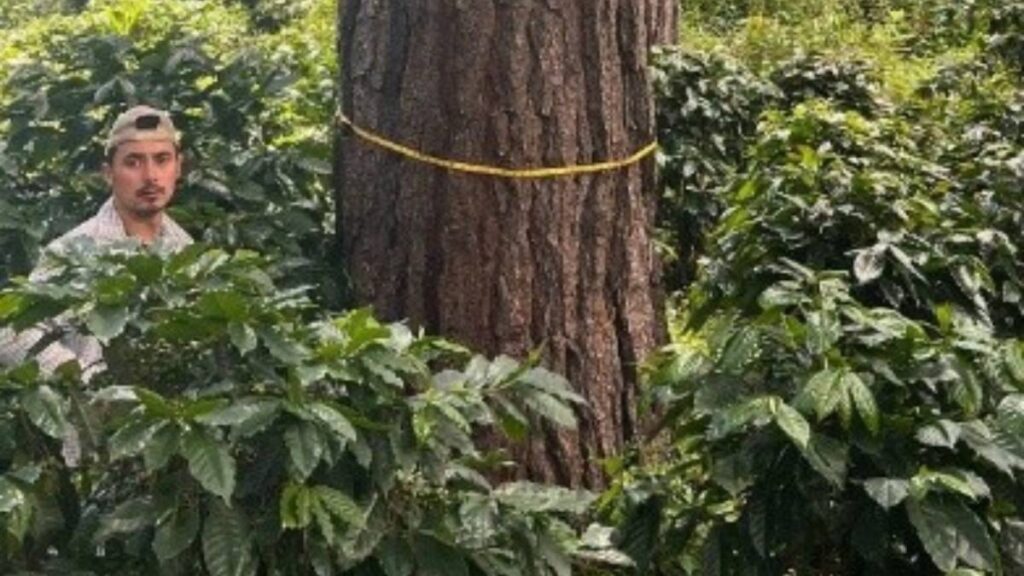
“The key now is to document, scale and share learnings from the model farms across the entire production base. This approach is reinforced with producer-led exchange programmes, continuous training and an incentive system that accelerates the adoption of sustainable practices”
Freddy Moreno, Coffee Projects coordinator in Honduras

